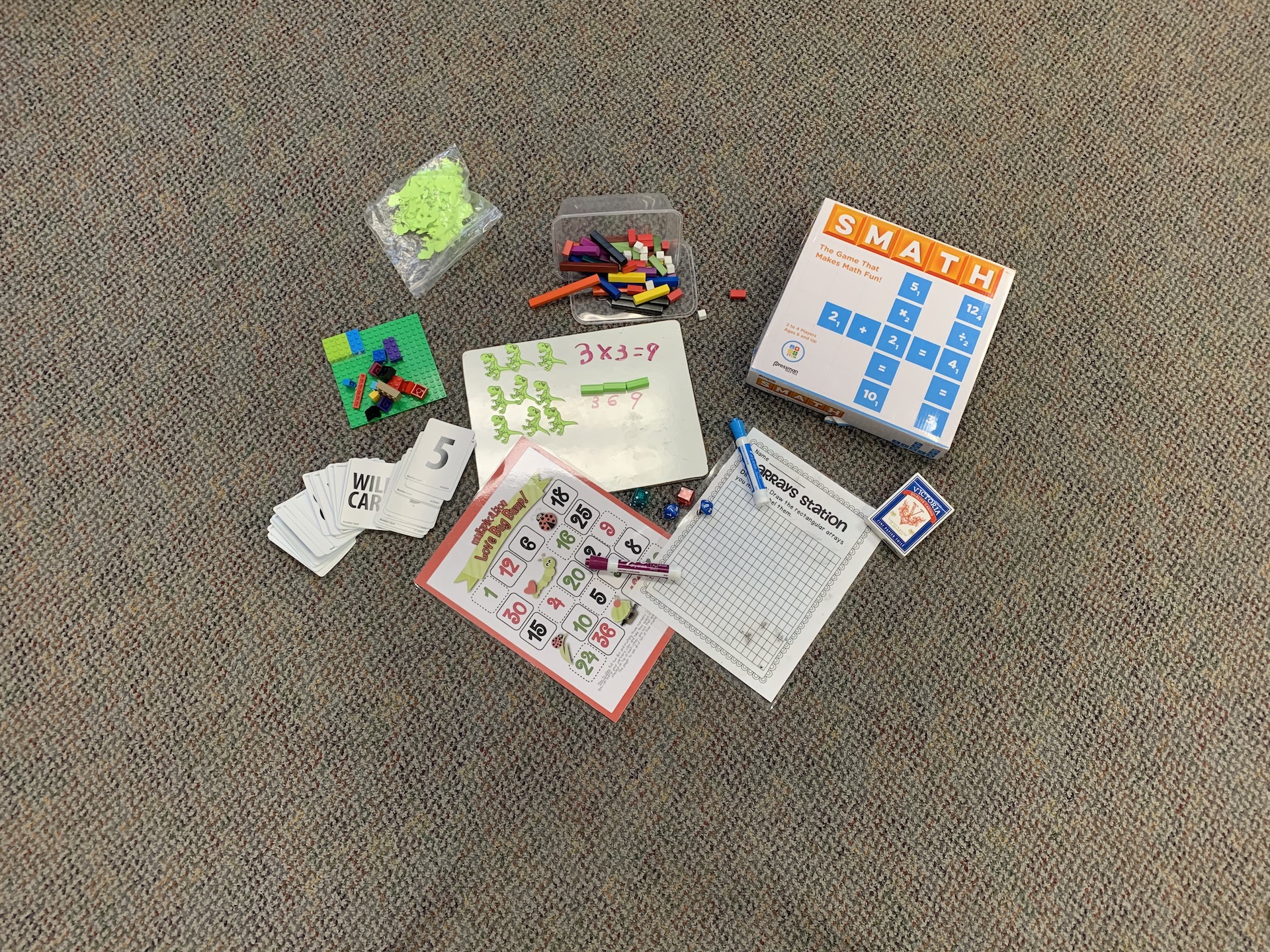- Teachers lead, formally or informally, wherever they are.
- “Whether in their classrooms with students or on special assignment outside of them, teachers lead wherever they are. For teachers, leadership is more about influence than power and authority. They assume responsibility, not only because they are selected or volunteer to do so, but also because they are driven by professional and personal moral purposes to contribute to the success of students, peers, school, and community. They may assume formal leadership roles established by schools and school systems (e.g. coach, mentor, curriculum developer, or parent liaison). More often, teacher leaders act without formal designation as leaders. Roles and responsibilities of teacher leaders vary dramatically within and across districts and schools; the most important form of leadership occurs when teachers recognize a need and step in to help address it.” (Killion, et al., 2016)
- I think there is an element of truth to this, that we are leaders within our classrooms for our students and the other adults that work in them. Often, we work in teams with resource teachers, special education assistants, ELL teachers and child and youth care workers. This capacity we act as leaders for the adults and students in our classrooms. For me my focus going forward needs to be intentional about looking for ways to lead and to be a better leader. This also includes more formal opportunities for leadership through mentoring new teachers or leading our weekly collaboration times. Participating in district initiatives like our Ed Tech Ambassadors is another opportunity to lead. Many of these are informal opportunities and things that I prefer to do quietly in the background.
- Teachers develop leadership capacity when they are supported.
- “A key factor in developing the capacity of teachers to be leaders is the nature and frequency of support available to them. School and district administrators (e.g. district staff, curriculum coordinators, program directors, and experienced teacher leaders) play a significant role in developing capacity of teacher leaders; they are often the first line of support for teacher leaders. Some leaders may serve as mentors to novice and coaches to experienced teacher leaders. Structures that provide periodic networking opportunities such as professional learning, communities of practice, mentoring, coaching, and supervision are also valuable in developing and sustaining leadership capacity. Routine feedback from a knowledgeable colleague and opportunities for shared leadership experiences are additional methods of supporting novice and experienced teacher leaders.” (Killion, et al., 2016)
- To me have the support to make the leap towards leadership is key. Knowing that someone else believes in me makes a big difference. This year I am my schools Ed Tech Ambassador this gives me opportunities to build my leadership skills while working with technology and sharing what I am learning and trying with others at my school. Being asked to represent my school on this committee by my admin to me showed that they support me in becoming a leader. I also find that our weekly grade group collaboration meetings are a good opportunity for me to build my leadership skills and confidence in our small group of 4. While I am confident leading discussion in my grade group with support, I hope that I can become a confident speaker and leader within my school. This support requires that admin believe in the capability of the staff but also that the staff believes in each other and that we support each other as we take steps towards leading and driving positive change in our own way and at our own time. The support for teacher leaders can not only be from admin or district staff, it needs to come from peers, friends and colleagues who are willing to take a risk with you, to try something new even if it sounds completely crazy with you.
- Teacher leadership requires courage, tolerance for ambiguity, and flexibility.
- “Teacher leaders can be a starting point on the journey for building leadership capacity. Teacher leaders must have courage to make their practice transparent for others to critique, to lead their peers, and to cross back and forth between the boundaries of the teaching arena and the leading arena. Sometimes the boundaries are blurred, and the roles less clearly defined. For that reason, teacher leaders are called on to embrace ambiguity and to be flexible as their work unfolds and as they and their peers grow comfortable with their new responsibilities and identity as a leader.” (Killion, et al., 2016)
- The first word that jumped out to me in this assumption was courage. For me personally leadership is an exercise in courage. I can present in my own classroom, I can participate in a collaboration meeting with my grade group but to actually take the lead and drive change is a stretch for me. For me it’s also having the courage to invite others into my room when I am teaching. I am confident with my students, it’s other educators that make me nervous. I’m working on it and know that I need to make the leap and invite others in. the courage to lead also requires that we put away our pride and open ourselves up to feedback weather positive or negative. My grade group is diving into project based learning this year, and it’s taking courage to discard our subject specific units and embrace the ambiguity of project based learning and seeing how interdisciplinary boundaries are crossed for deeper learning.
Bibliography
Killion, J., Harrison, C., Colton, A., Bryan, C., Delehant, A., & Cooke, D. (2016, November). A Systemic Approach to Elevating Teacher Leadership. Retrieved from Learning Forward: https://learningforward.org/wp-content/uploads/2017/08/a-systemic-approach-to-elevating-teacher-leadership.pdf



